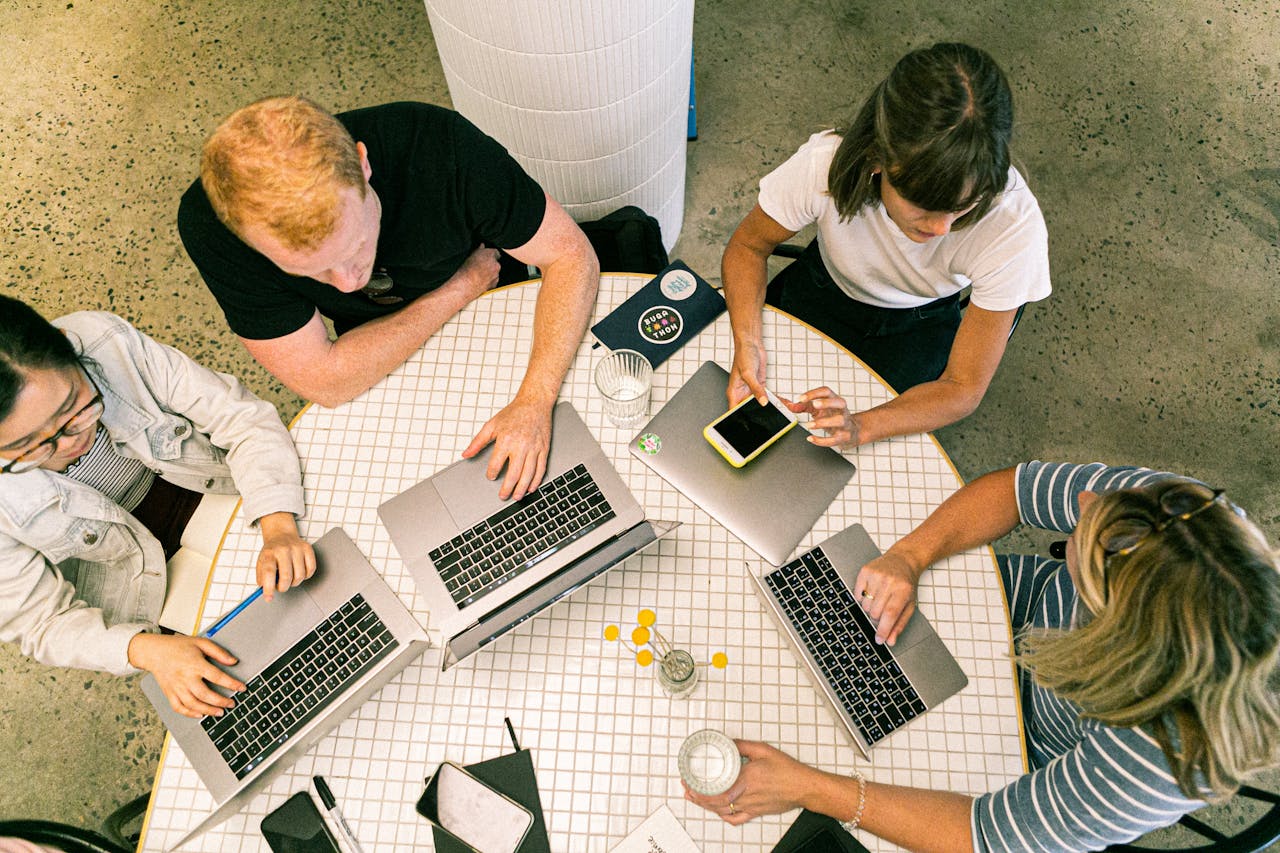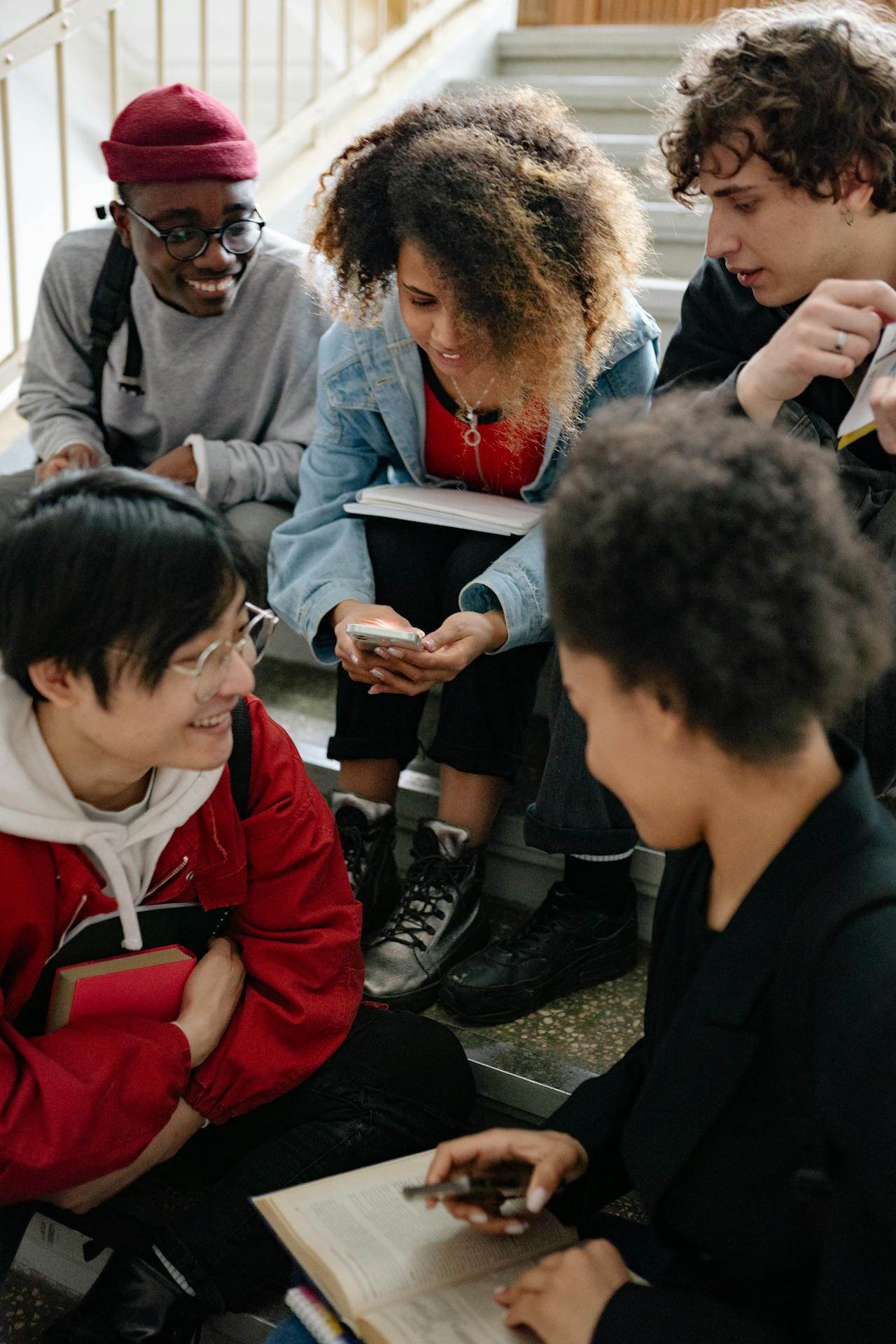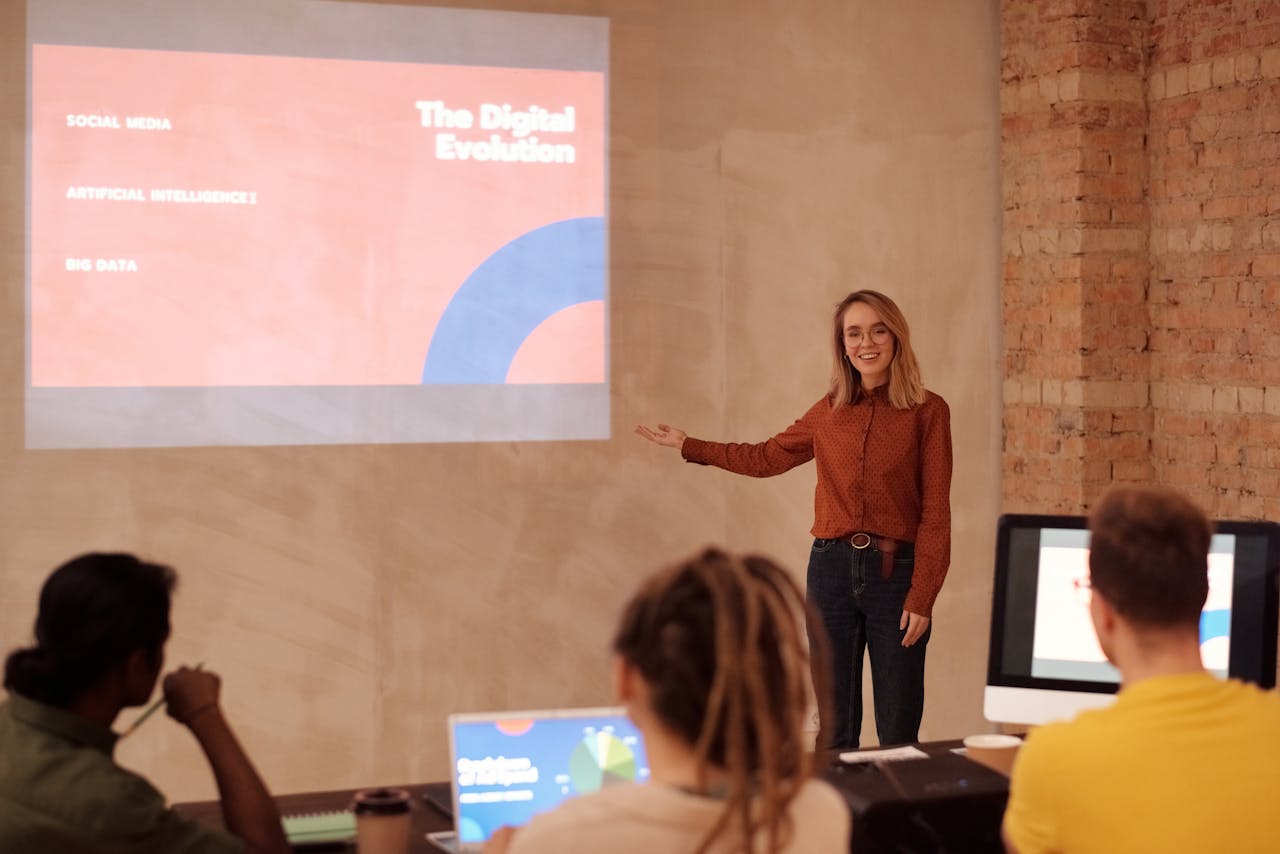Gülden Alaz Meriç
The 21st century is the era of information, communication, and critical thinking. It is not a luxury anymore to learn whatever we want to learn because opportunities for learning are abundant, with access to knowledge readily available everywhere. Thus, we are never far from resources for teaching and learning, including the vast realm of the internet! Within such an environment, it is no surprise that education extends beyond formal boundaries, including schools and curricula.
Currently, activities in which the learner plays an active role are quite popular. Instead of simply listening to lectures, taking notes, and memorizing information, learners now engage in the experience of having their arguments assessed while also gaining insight into the process of considering and evaluating different perspectives. Here are some activities that prioritize the learner’s thoughts, arguments, personal skills, and role in the learning environment.
Workshops
Workshops can cover any topic. All we need are a trainer and individuals interested in a specific subject. A qualified workshop trainer acts as a facilitator, sharing their knowledge and experience without imposing their perspectives. By the end of the session, participants should depart with positive experiences such as learning something new, practicing newly acquired skills, and socializing with people with the same interests.
At the Turkish Intelligence Foundation, we organize workshops regularly. You can send us an email at info@tzv.org.tr to learn more about our most popular workshops, such as the “Intelligence Games Workshop,” “Critical Thinking Workshop,” and “Awareness for Young People Workshop.”
Debate Clubs
Debate clubs are increasingly gaining popularity every day, with both high schools and universities hosting them as extracurricular activities rather than formal parts of the education system. Debate clubs are the best places for learning how to construct strong, sound arguments and how to react to others’ arguments respectfully and logically. You can learn the definition of a valid argument in your logic class, but debate clubs provide the opportunity to see and construct them as daily-life arguments.
Reading Groups
The benefits of reading multiply when you share your thoughts about what you read and hear other people’s thoughts. There are reading groups with or without a facilitator, and both share this precious benefit of being part of a reading community: gaining new perspectives while broadening your horizons. Your literature class in school may be quite illuminating, but you can have more room for freedom of thought in a reading group.
Conferences
Conferences are gatherings on a particular theme, bringing experts and listeners together. The atmosphere of a conference is significantly different from that of a class, as people have a chance to communicate with experts in a social environment. There are benefits beyond learning here, with networking being the most important. In a physics class, you may learn about physics very well, but you’ll interact with the same instructor and the same participants (students) every week. In a conference on physics, however, you will have the chance to meet physics professors and peers from around the world.






